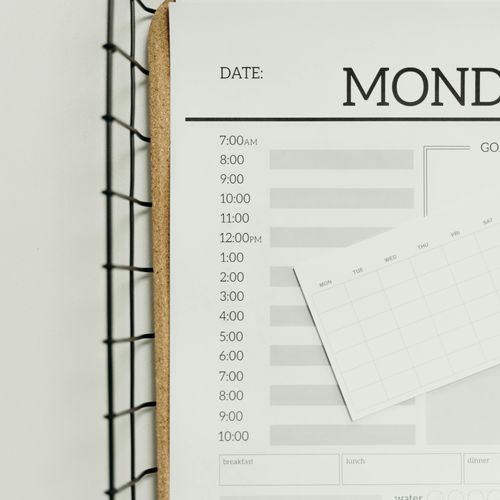Buying a home is one of the most exciting—and sometimes overwhelming—milestones you’ll ever experience. From inspections to interest rates, there's a lot to learn. One of the best ways to feel more confident in your purchase? Knowing the language.
Here’s a breakdown of essential real estate terms every homebuyer should know before they sign on the dotted line.
💰 1. Pre-Approval vs. Pre-Qualification
These terms sound similar but mean different things:
Pre-Qualification is a quick estimate of how much you might be able to borrow.
Pre-Approval is a more in-depth review of your finances and is often required when making an offer.
✅ Pro Tip: Go for pre-approval—it gives your offer more credibility.
📄 2. Purchase Agreement
This is the legal contract between the buyer and seller outlining the price, terms, and conditions of the sale. It includes contingencies (like inspections or financing) and sets timelines for each step.
🗓️ Read carefully—it sets the pace for your entire transaction.
💡 3. Contingency
A contingency is a clause that allows the buyer or seller to cancel the contract under certain conditions. Common ones include:
Inspection contingency (if major issues are found)
Appraisal contingency (if the home appraises for less than the purchase price)
Financing contingency (if loan approval falls through)
🔍 Think of contingencies as your built-in safety nets.
🏦 4. Escrow
Escrow is a neutral third party that holds funds and documents until both parties meet the terms of the contract. It's also where your earnest money deposit goes.
💼 Once everything is settled, the escrow agent ensures funds are transferred and the deal closes smoothly.
🔑 5. Earnest Money
Also known as a "good faith deposit", earnest money shows the seller you're serious. It's typically 1–3% of the purchase price and goes toward your down payment or closing costs.
💸 If you back out without a valid reason (outside contingencies), you could lose this money.
🧾 6. Closing Costs
These are the fees and expenses (aside from the price of the home) paid at closing. They typically range from 2–5% of the purchase price and include:
Lender fees
Title insurance
Appraisal and inspection costs
Legal or recording fees
📊 Budget for this ahead of time—it’s more than pocket change!
🔍 7. Title & Title Insurance
The title proves who legally owns the home. Title insurance protects you (and your lender) against any future claims or legal disputes over ownership.
🛡️ It’s a one-time cost that provides peace of mind for years.
🏦 8. Fixed-Rate vs. Adjustable-Rate Mortgage (ARM)
Your mortgage type affects your monthly payment and long-term cost:
Fixed-rate mortgages lock in your interest rate for the life of the loan.
Adjustable-rate (ARM) loans may offer lower initial rates but can increase over time.
🔑 Choose the one that fits your long-term financial comfort level.
Final Thoughts
Knowing these terms will help you feel more in control as you navigate your home buying journey. The more you understand the process, the more confident—and less stressed—you’ll be when it’s time to make big decisions.
Still have questions about the home buying process?
Let us know in the comments or reach out directly—we’re here to break it all down, one term at a time.
🏡
Partners Realty Group
(865) 789 – 6677
"Clarity is power—especially in real estate. Let’s make sure you’re informed every step of the way."


